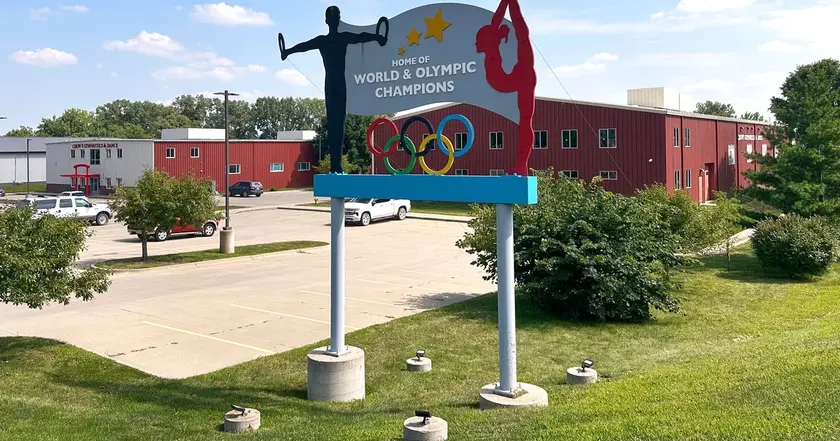T4K3.news
Police watchdog closes Flack charging decision review
The IOPC has closed its investigation into the charging decision in the Caroline Flack case, saying the outcome was reasonable and proportionate.
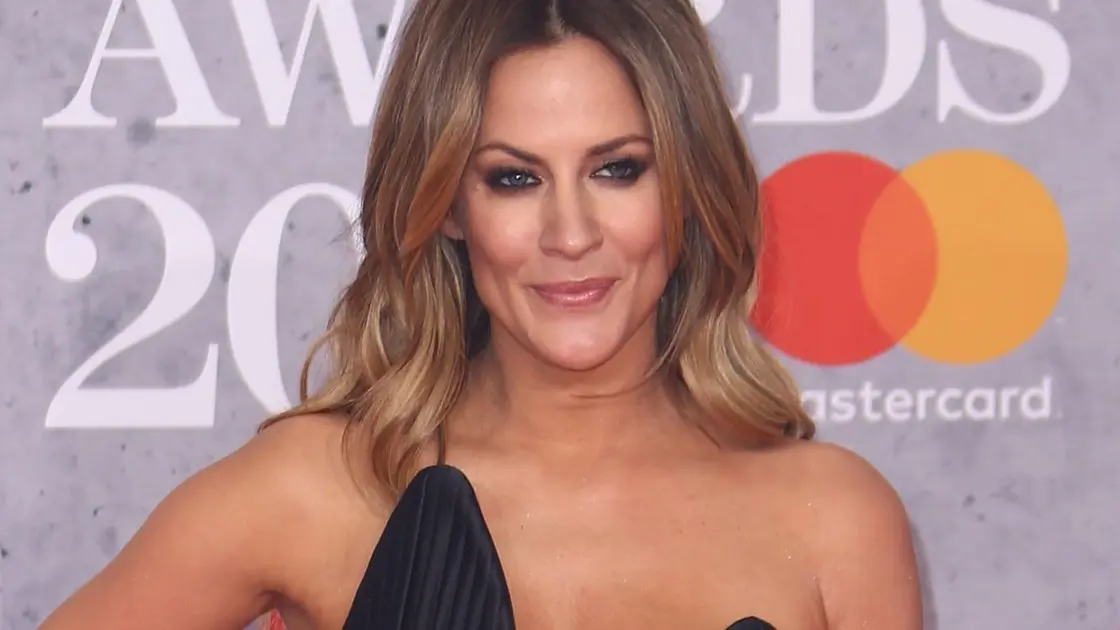
The watchdog concluded the handling of the decision to charge Caroline Flack was reasonable, amid ongoing debate about celebrity influence and media coverage.
Police watchdog closes investigation into charging decision involving Flack
The Independent Office for Police Conduct has ended its probe into how the decision to charge TV presenter Caroline Flack came about. The inquiry looked at the Metropolitan Police response after the Crown Prosecution Service initially recommended a caution in December 2019 and the police appeal that led to a charge of assault by beatings. Flack died in February 2020, with a coroner later ruling she took her own life after learning a trial was likely. In January 2025 the IOPC said the outcome of the investigation was reasonable and proportionate. The Met had previously referred the case to the watchdog, and the IOPC found most complaints had already been reviewed by both the force and the body.
Officials noted that five allegations stemming from the complaint about the appeal were sent back to the force for review, but no new evidence emerged to change previous conclusions. Met spokespeople emphasized the DPS conducted further checks and found the service was acceptable. The public conversation around Flack's case continued to be shaped by media coverage and statements from her family, who asserted that celebrity status influenced how the case was treated.
Key Takeaways
"This wasn't domestic violence. This was an accident."
Christine Flack on how her daughter was portrayed
"She wasn't treated better, but she shouldn't be treated worse."
Christine Flack on media treatment
"The service provided by officers was acceptable."
Met Police DPS comment on handling
"No new evidence would alter any of the previous outcomes."
IOPC statement on review
The review outcomes come at a time when audiences reassess how celebrity status affects legal processes. While officials defend that the process followed legal guidance, critics argue the glare of fame can distort decisions and public narratives. This episode underscores the need for transparent, independent scrutiny of policing and prosecutorial choices to maintain public trust. It also highlights how families and fans navigate the line between accountability and sensationalism in high profile cases.
Highlights
- This wasn’t domestic violence This was an accident
- She wasn’t treated better but she shouldn’t be treated worse
- The service provided by officers was acceptable
- No new evidence would alter any of the previous outcomes
Public sensitivity surrounds Flack case risks backlash
The case sits at the intersection of celebrity culture, media coverage, and policing. Public reaction could pressure officials to disclose more about decision making or push for reforms.
Public trust depends on consistent, humane handling of high profile cases
Enjoyed this? Let your friends know!
Related News
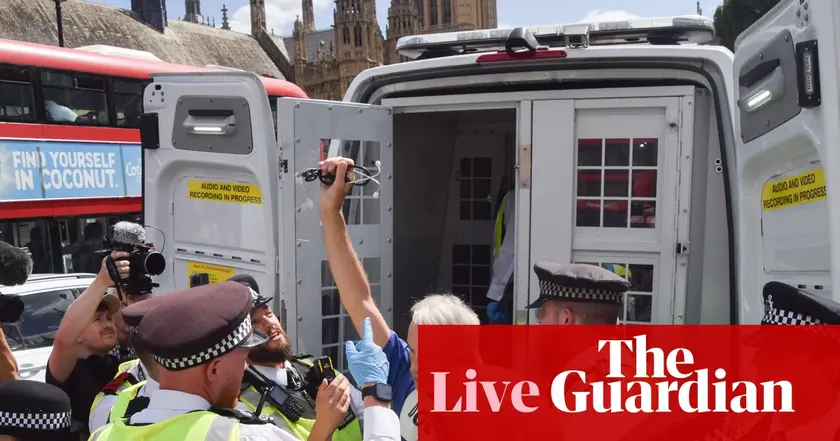
Lib Dem push for review of terrorism laws
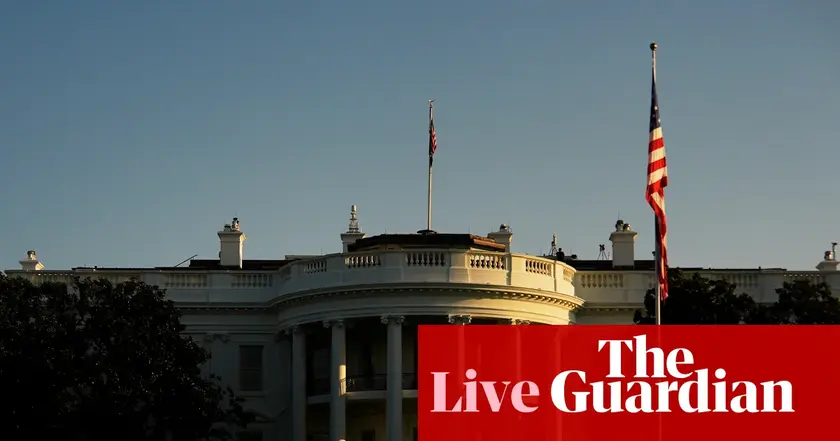
DC police takeover faces federal lawsuit
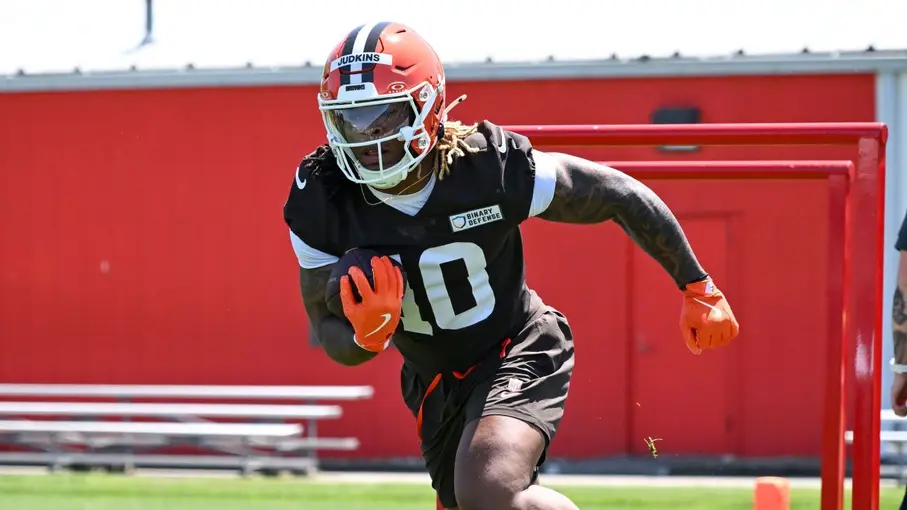
Judkins not charged in Florida case

FBI probes abuse by former gymnastics coach
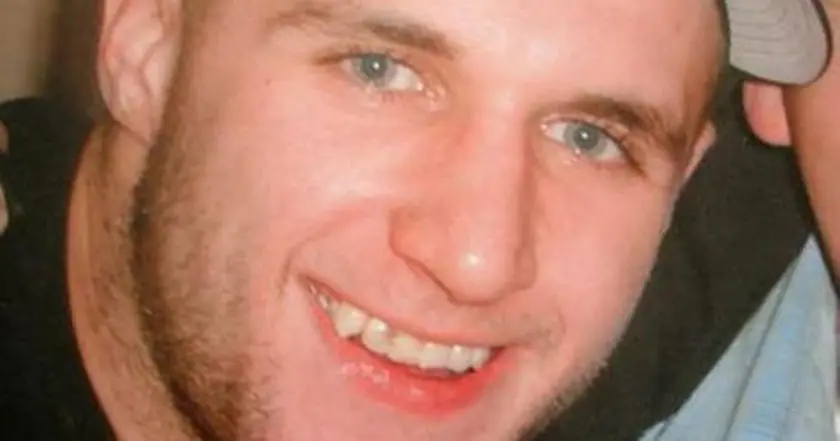
Woolley murder case update

Police guidance on ethnicity and migration status

Mum condemns security guard action at Hooters during parade
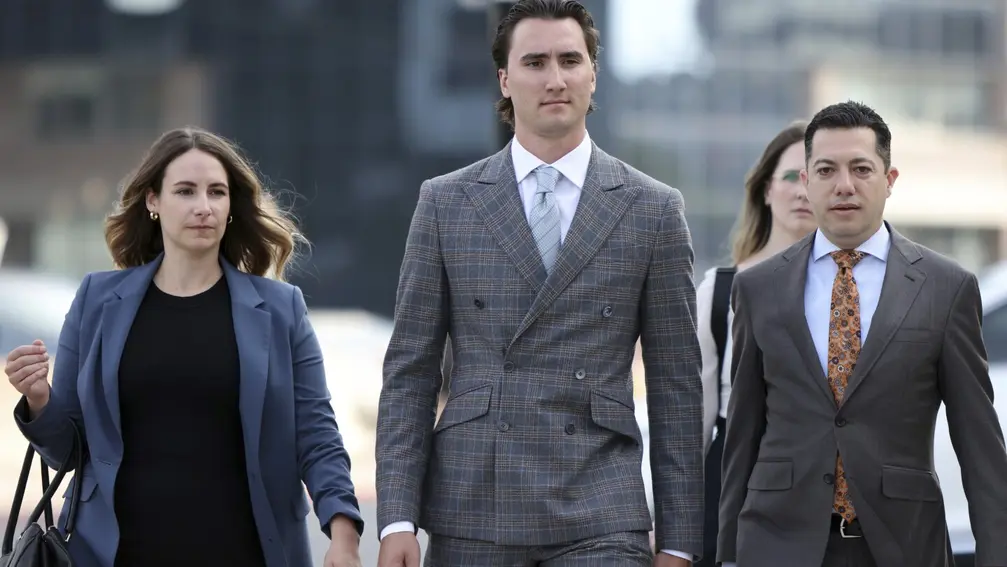
Hockey players acquitted in Ontario sexual assault trial
